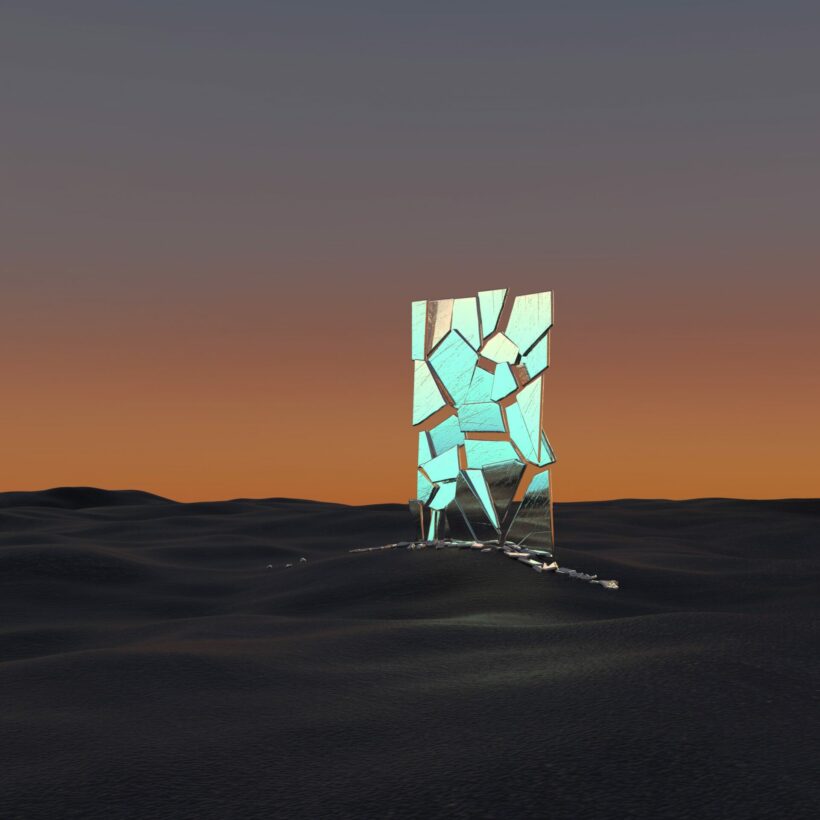It is very common for white people to exclaim: “I don’t see races, or genders, I see only humans” or “We are all the same” and this represents a repertoire of thoughts and actions known as “white privilege”. By choosing not to see colour, one also chooses not to reflect on racism. By choosing not to look at gender, one also chooses not to get in touch with the experiences of women, trans women and non-binary people.
By Flavia Estevan and Djamila Andrade
It is very common that white people (in the case of race), men (in the case of gender) and rich people (in the case of social classes) do not see themselves as being part of the problems lived by the so-called minority groups, thereby declaring their capacity to feel “human beings”, “men”, “humanity” and other generalities. But the life of each person is not generic, it is marked by the cuts of gender, race and class all the time.
The largest fortune of the 252 richest men on the planet is the same as the wealth of all the women and girls in Africa, Latin America and the Caribbean combined: 1 billion people.
Western society is founded on the exploitation of black and indigenous people by white people. Any privilege exercised by a white person (such as home ownership, inheritance, social, emotional and financial stability) is the result of the inequality of a system of exploitation, the foundation of capitalism. European colonialism (with its whiteness), through its violent appropriation of resources, territories and people, has been a necessary and constant condition for the growth of capitalist societies that bring benefits mainly to people in the North and national elites in various countries. We continue to drag the asymmetrical colonial power relations and their values to this day. There is structural racism in a society that tries to make the colour of the skin/race invisible as if the years of violent oppression in history had never existed. This attempt to erase the memory is part of denial. Not (wanting) to see these exploitations and that we too are constituted by them is denialist and is a privilege of those who profit from it.
It is estimated that 5.6 million people die every year due to lack of access to health care in poor countries.
We white people do not like to think or know about it, preferring to believe that these are “historical problems” to which we are oblivious and not even think that they benefit us. And we think about changing “the future”, also generic, without realising that it is in the present, today, every day, that we need to give a sign, to change some behaviours, to act for the inclusion of the so-called gender and racial minorities.
Every 4 seconds a person dies, in the world, a victim of inequality, while a white person declares: “I don’t see races or genders, I only see humans”.
It is true that in inner, mystical, or meditative experiences we can reach a state of communion with the whole, where differences disappear, but that has to remain in the realm of inner experiences, or it can push us even more to be active and active in actions against anti-racist and anti-sexist discrimination.
In understanding the historical structural inequalities and sparing no effort in correcting the deficits on which our society rests. The struggle for social justice is also the struggle to ensure that it is not erased from memory, for recognition, for reconciliation. This is not a subject for specialists, or a subject that we may or may not choose to devote ourselves to. This is a subject that speaks to the injustices and discriminations that our society insists on perpetuating and, if we really see and feel “the human” we have to learn with an open heart about how we benefit from that exploitation and what we can do to change it.










